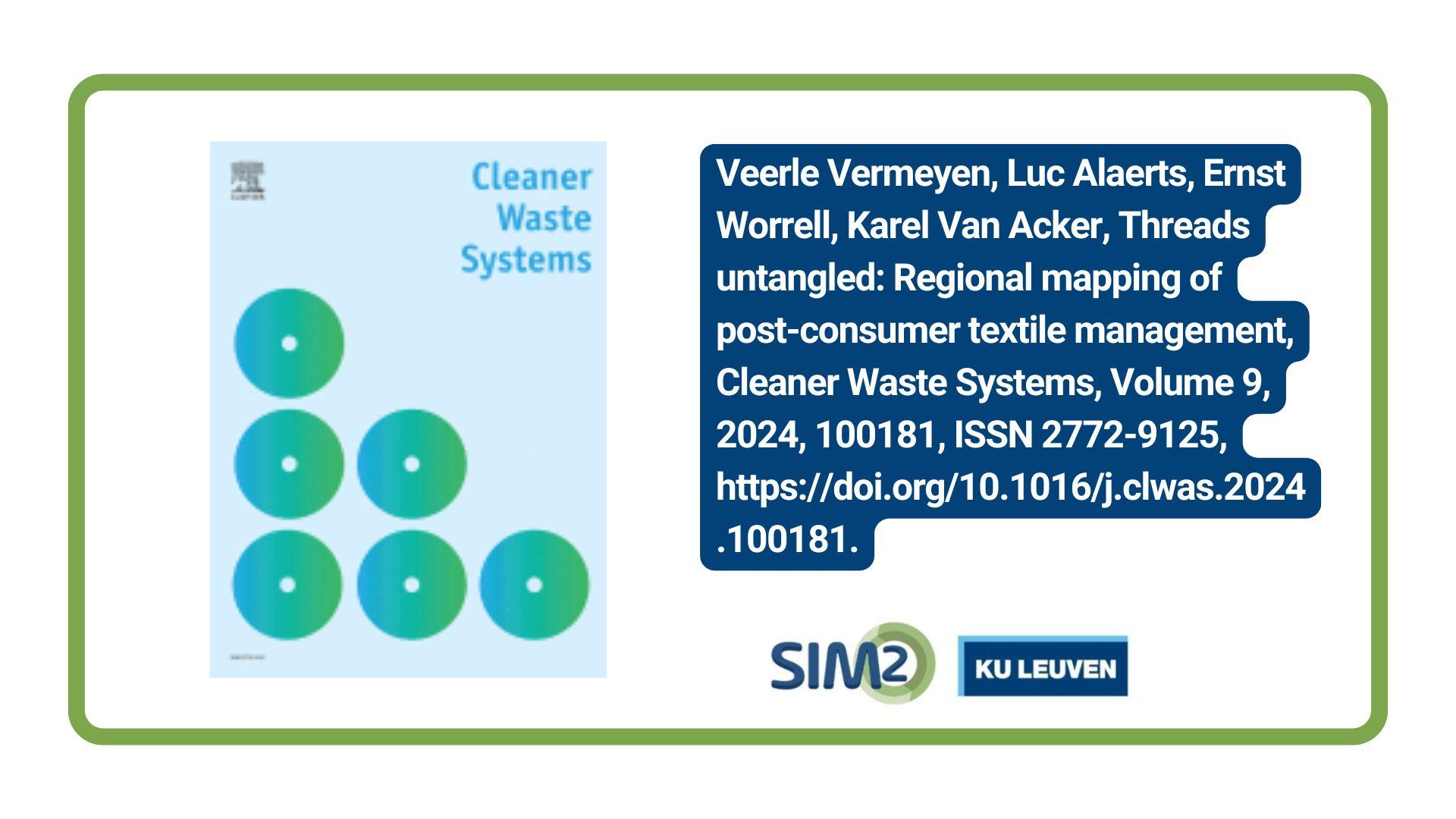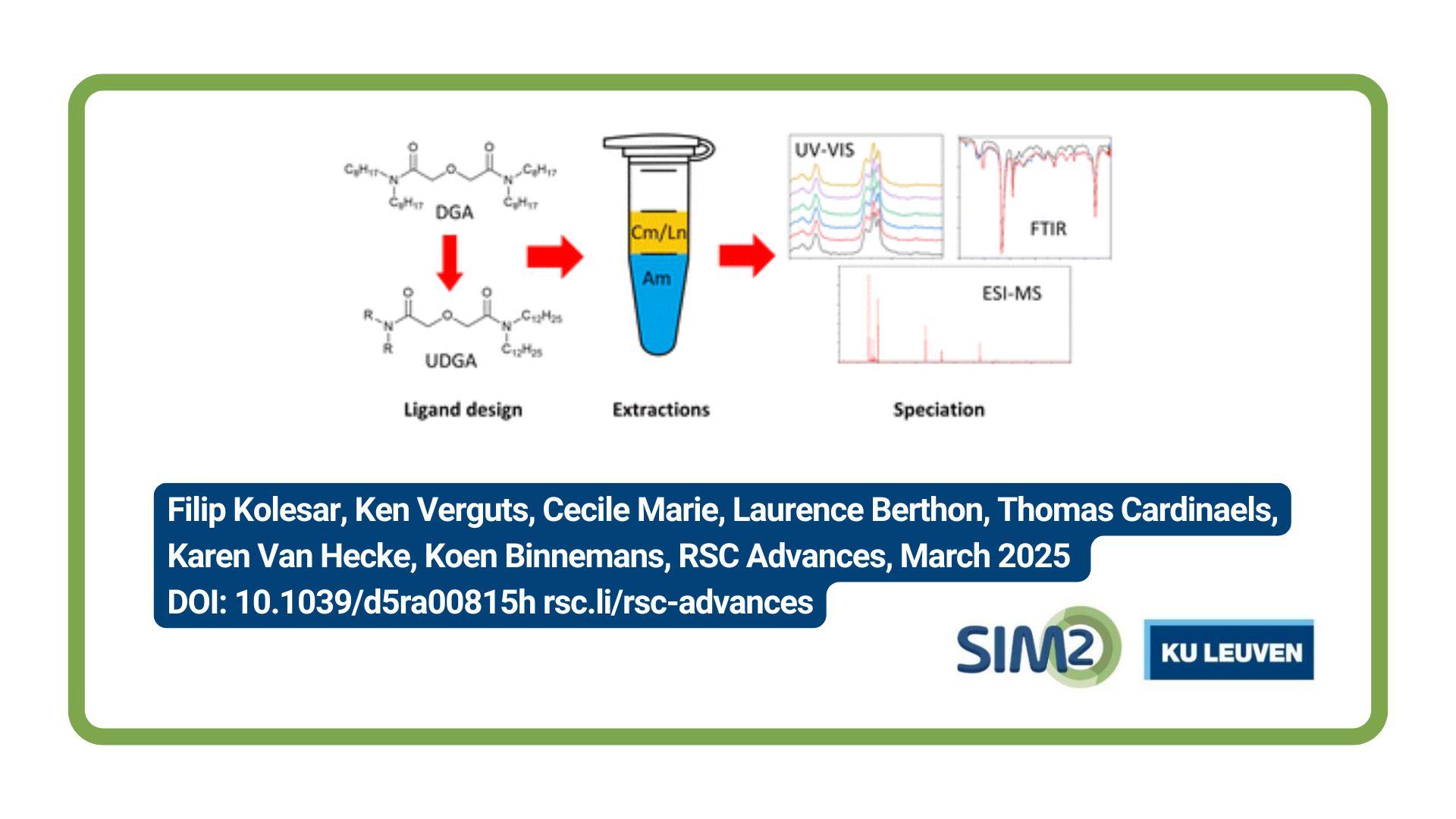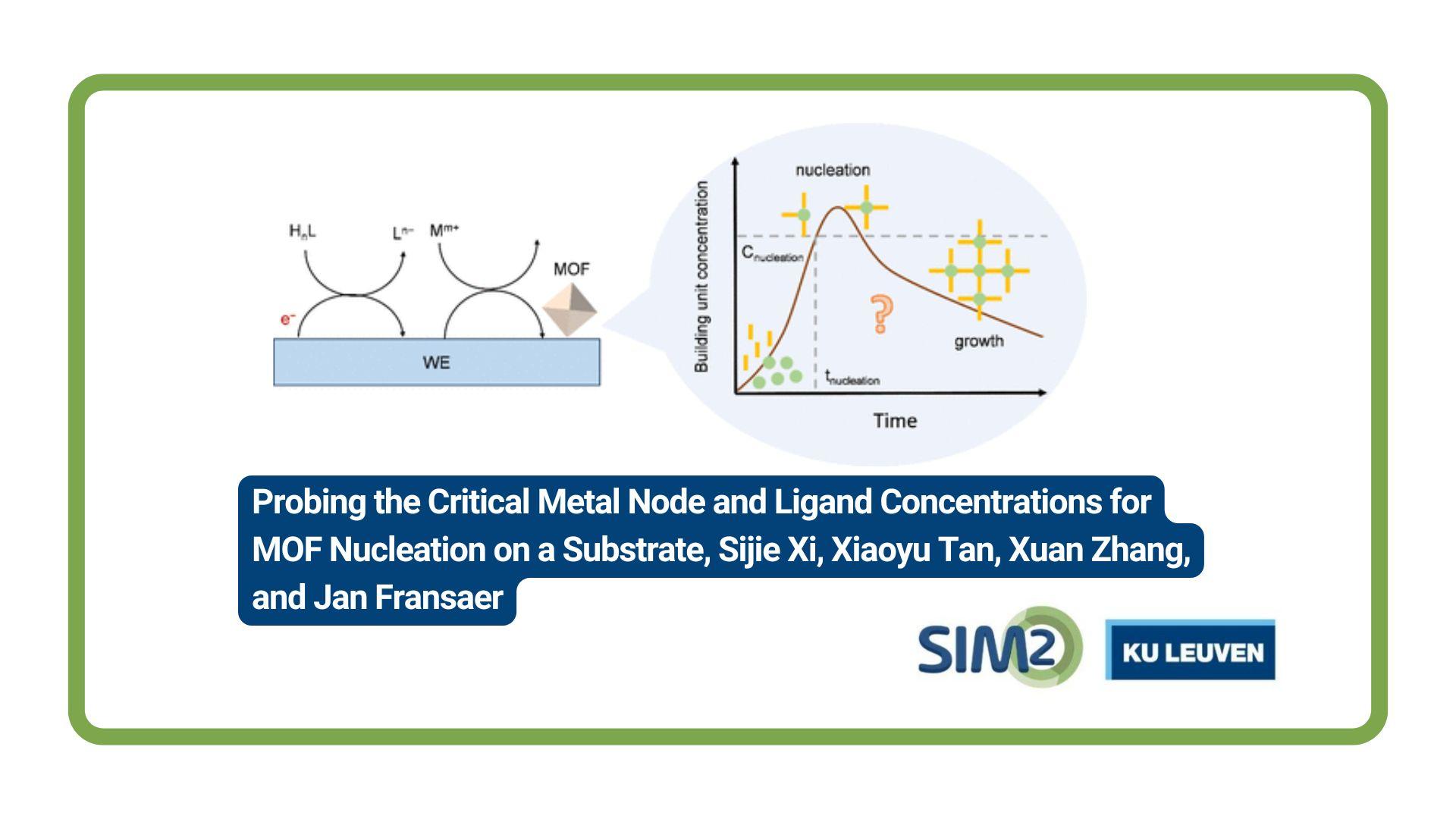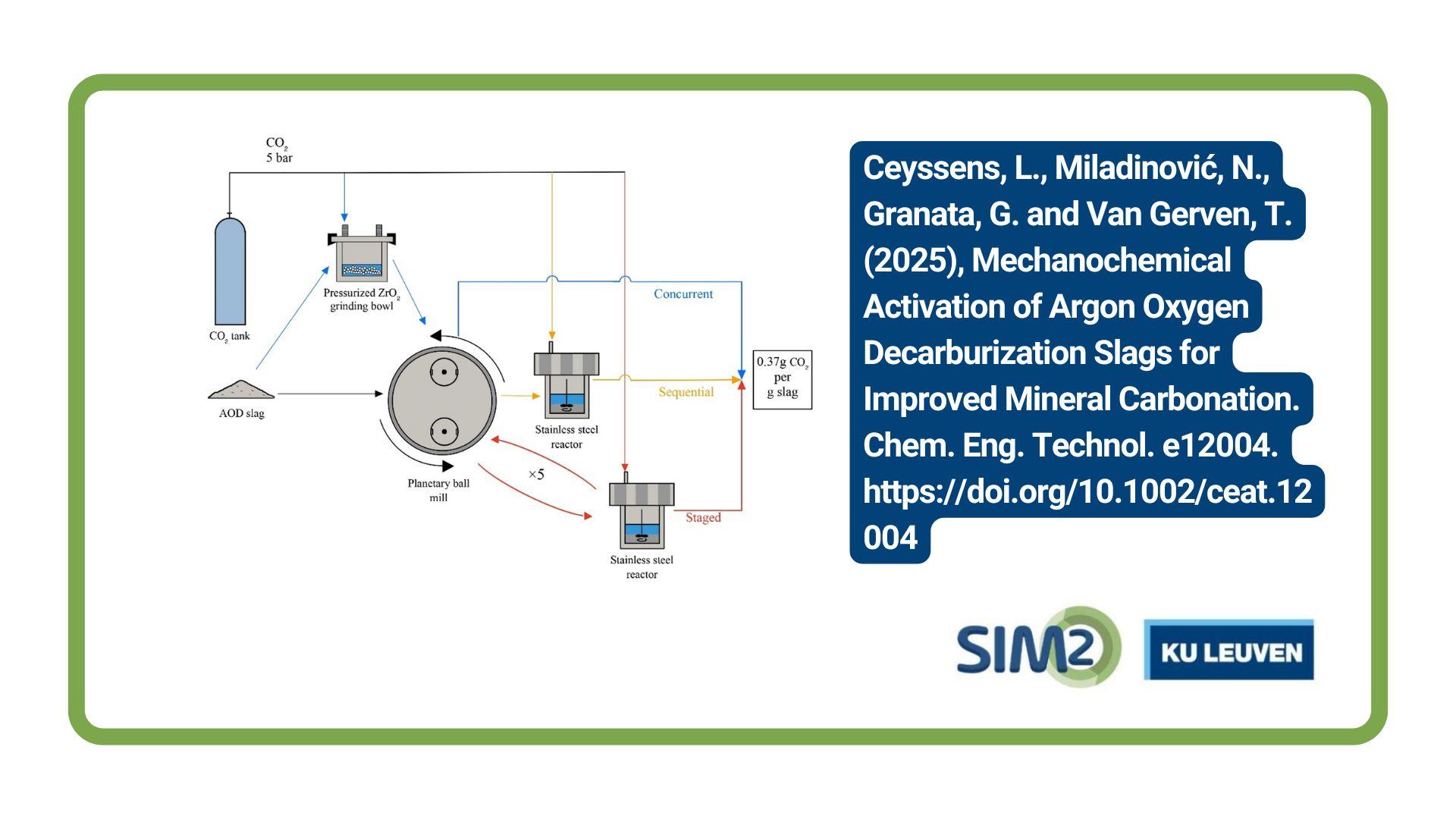Veerle Vermeyen and colleagues from KU Leaven and the Copernicus Institute of Sustainable Development, Utrecht , The Netherlands, have published a new article entitled Threads untangled: Regional mapping of post-consumer textile management. The article is published in the December 2024 issue of the journal Cleaner Waste Systems.
In the coming decade, the EU intends to intervene in the textile value chain to steer it towards sustainability and circularity. As part of this effort, post-consumer textile (PCT) management should align with the waste hierarchy. This study employs material flow analysis (MFA) to examine and compare PCT management in two European regions: Flanders (Belgium) and the Netherlands. Additionally, future scenarios provide insights into transformations of PCT management toward 2030. The results show that Flanders outperformed the Netherlands in 2018, with a higher share of PCTs being collected separately, going to product recovery, local reuse, and material recovery. However, in both regions, there is still much potential to increase the recovery of products or materials. In 2018, local reuse was at only 4 % in Flanders and 2 % in the Netherlands. Most materials were still lost through incineration, with 52 % in Flanders and 62 % in the Netherlands. Even so, the future scenarios indicate that the Netherlands’ greater policy ambitions, with specific targets aimed at higher circular strategies, such as local reuse and closed-loop recycling, can result in more circular PCT management toward 2030. Hence, when designing interventions, policymakers should go beyond targets on separate collection to successfully steer the waste management of PCT toward circularity. This study shows how MFA-based monitoring provides a good overview of a specific system, allowing for a high level of transparency. Therefore, monitoring PCT management is key to developing informed policies and effective targets.
Reference
Veerle Vermeyen, Luc Alaerts, Ernst Worrell, Karel Van Acker, Threads untangled: Regional mapping of post-consumer textile management, Cleaner Waste Systems, Volume 9, 2024, 100181, ISSN 2772-9125, https://doi.org/10.1016/j.clwas.2024.100181.
Aknowledgements
The work presented in this paper is part of a joint PhD project between the KU Leuven (Belgium) and the University of Utrecht (the Netherlands). The project is funded by the KU Leuven (project number: 3E211210).





